The Importance of conversion, action and accountability in Allyship: Reflecting on a Memorable Panel with IoD and PwC
Last week, I had the extraordinary privilege of participating in an impactful panel discussion on allyship. This collaborative endeavour between the Institute of Directors (IoD) and PwC brought together a powerhouse panel: Vimbai, Phil, and Our CEO, Viana. Susannah brilliantly hosted the session from PwC. As each panellist shared their insights, it became increasingly clear that conversations like these are not just complementary to action—they are essential for meaningful change.
The Birthplace of Ideas
While actions undoubtedly speak louder than words, those actions often start as words. Discussions are where ideas are born, norms are questioned, and the seeds of change are planted. The panel prompted each of us, including the audience, to think critically about our roles in allyship.
Creating Collective Accountability
Open discussions create an environment of collective accountability. We're more likely to follow through when publicly sharing our perspectives and commitments. The panel didn't just espouse the ideals of allyship but delved into its nuances, creating a shared understanding of the values, intersectionality, neurodiversity and metrics that matter.
Implementing Tailored Solutions
Every organisation is different, and there's no one-size-fits-all approach to diversity, equity, inclusion, and belonging. Discussions like the panel offer a platform to share various strategies and methodologies, allowing organisations to pick and adapt those most suited to their unique challenges.
From Conversation to Action
As part of our commitment to keep the conversation going and turn insights into actionable steps, we’ve released a “Quick Guide to Allyship & Impact Measurement in Organisations.” This guide distils the essence of the panel discussion into ten actionable items: five specific action steps you can take for effective allyship and five ways to measure the impact of those actions.
The Need for Implementation and Accountability
Having a plan is just the start; the true litmus test is in its implementation and the accountability mechanisms to ensure it is enacted. Therefore, our guide also focuses on the following:
1. Action Steps: Integrating these practices into your day-to-day operations.
2. Metrics for Accountability: How to use data to ensure that your actions have the intended impact, and if not, how to adjust course effectively.
Continuing Education and Empowerment
Are you looking to delve deeper into creating an inclusive workspace? Our courses and programmes are designed to extend your knowledge and provide the tools you need for sustained allyship and organisational change. Book a Discovery call.
Concluding Thoughts
As enriching and insightful as our discussion was, it serves as a reminder that dialogue should be the starting point, not the end. Dialogues fuel action. They shape strategies and inform metrics. Yet, their true power lies in their ability to unite us in a shared commitment to allyship, equity, inclusion and belonging.
So, let’s keep talking—but let's also take those vital steps to ensure that we move from conversation to transformation.
Ready to transform dialogue into action? [Download our Quick Guide to Allyship & Impact Measurement in Organisations today.]

